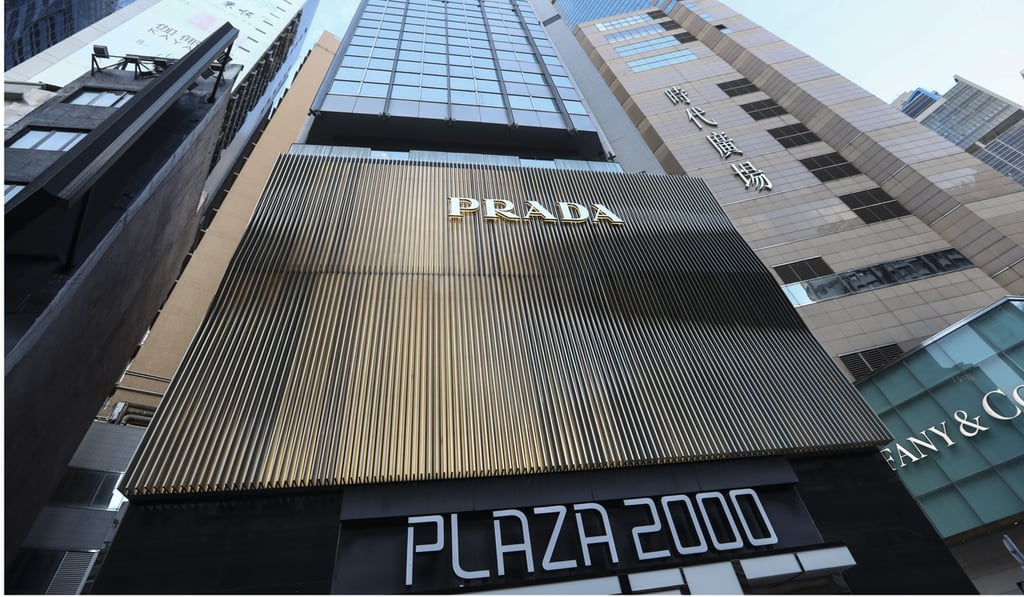Prada profit surges in first half, as tax benefit helps overcome Asia sales slowdown
- The luxury brand reported net income for the six-month period of 154.89 million euros (US$171.31 million), beating the average forecast of 108.9 million euros among analysts polled by Bloomberg
- Revenue totalled 1.57 billion euros, up 2.3 per cent from 1.54 billion euros a year earlier, matching analyst expectations

Italian luxury brand Prada announced net profit surged 55.7 per cent in the six months through June, largely due to gains from a tax benefit which helped offset shrinking sales in Asia-Pacific.
Net income for the group during the six-month period totalled 154.89 million euros (US$171.31 million), compared to 99.46 million euros a year earlier, and beating the average forecast of 108.9 million euros among analysts polled by Bloomberg.
Hong Kong-listed Prada said in the earnings announcement that it had completed the Patent Box tax regime agreement on July 1, which was formally signed by the Italian Tax Authority, providing a positive tax benefit over a four-year period.
“Such agreement, effective for the tax years from 2015 to 2019, enabled [the company] to state significant extraordinary income in the six-month period under review in the taxation line,” Prada said in the statement.
Revenue totalled 1.57 billion euros, up 2.3 per cent from 1.54 billion euros a year earlier, matching analyst expectations.
